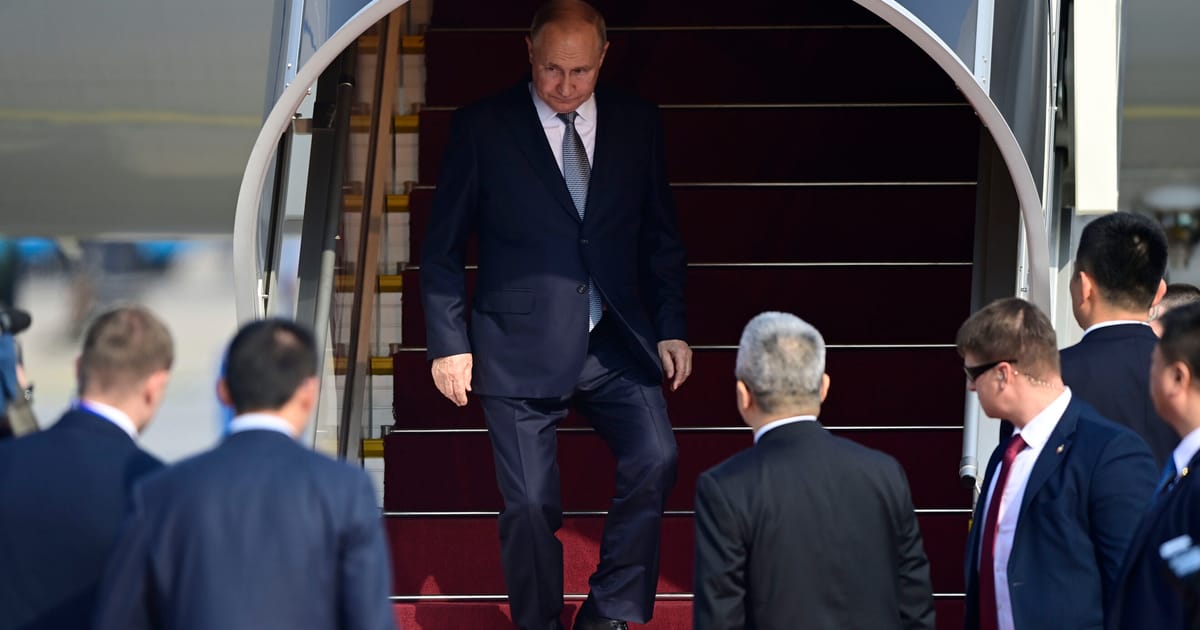- cross-posted to:
- europe@lemmit.online
- worldnews@lemmit.online
- cross-posted to:
- europe@lemmit.online
- worldnews@lemmit.online
From China to Saudi Arabia, countries want the EU to reject pressure to confiscate over €200 billion of Russian assets.
Countries sympathetic to Russia are demanding the EU drop any notion it might have about a wholesale confiscation of Moscow’s state assets.
Representatives of China, Saudi Arabia and Indonesia are privately pushing the EU to continue resisting pressure from the U.S. and U.K. to seize more than €200 billion of Russian state assets it immobilized after February 2022’s invasion of Ukraine to help Kyiv’s reconstruction efforts, four officials with knowledge of the proceedings told POLITICO.
“These countries are very skeptical about the idea,” said one of the officials, granted anonymity because the talks are so sensitive. The concern is, “this would create a precedent” ― in other words, these countries would fear they could be next to lose out.



This is the best summary I could come up with:
Representatives of China, Saudi Arabia and Indonesia are privately pushing the EU to continue resisting pressure from the U.S. and U.K. to seize more than €200 billion of Russian state assets it immobilized after February 2022’s invasion of Ukraine to help Kyiv’s reconstruction efforts, four officials with knowledge of the proceedings told POLITICO.
They have already seen the EU put forward a more limited proposal to skim off the profits accrued by investing the assets, worth about €2.5-3 billion per year, with 90 percent of the proceeds going to buy weapons for Ukraine.
If so, these countries’ lobbying would follow a similar playbook to the one seen since the start of the Ukraine conflict where governments which didn’t necessarily come out in support for Russia did do some of Moscow’s bidding nonetheless.
For example, Turkey, China and the UAE enabled Russia to avoid some Western sanctions imposed after the start of its full-scale invasion, giving its economy a boost and allowing it to finance its war machine.
And throughout the conflict, Gulf states have acted as middlemen, facilitating prisoner swaps between Russia and Ukraine and brokering a deal to allow grain exports out of the war-torn country.
Any potential but unlikely market turmoil caused by a full-scale confiscation might harm countries like the Gulf states which own huge stocks of foreign currency, Keatinge added.
The original article contains 810 words, the summary contains 224 words. Saved 72%. I’m a bot and I’m open source!